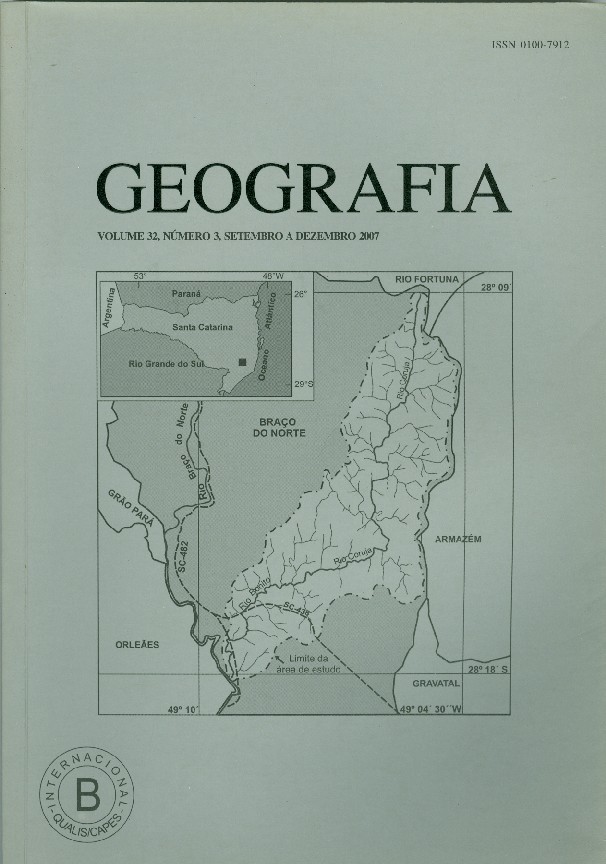Conceptions and collective practices among peasants
Abstract
The marxist theoretical framework provided a base to the peasants interpretation about the division of the society into classes and the existent conflict between them. Considering the way that the peasants were inserted in the world of the production in the past, the development of social awareness and the organization of collective practices among them were not possible. However, nowadays the peasants develop a set of collective practices and they have shown them in several different ways such as the struggles carried out by their social movements, the land occupation, the organization of cooperatives, walks, the closure of highways and bank agencies, etc. The peasants who live in the settlements of agrarian reform canalize their potential of collective struggle to guarantee their survival. Finally, the groups of settled peasants and their nucleus of production reveal and carry out collective practices that must be understood, mainly as actions shaped by social relations marked by conflicts. Key words: Peasants. Collective practices. Cooperatives. Social classes. Rural placements.Downloads
Published
Issue
Section
License
The authors maintain the copyright and grant GEOGRAFIA the right of first publication, with the articles simultaneously licensed under the Creative Commons BY 4.0 License, which allows sharing and adapting the articles for any purpose, as long as appropriate credits and provisions of image rights, privacy or moral rights. Other legal attributions can be accessed at: https://creativecommons.org/licenses/by/4.0/legalcode.en.
Geography, Rio Claro, SP, Brazil - eISSN 1983-8700 is licensed under the Creative Commons BY 4.0 License.





